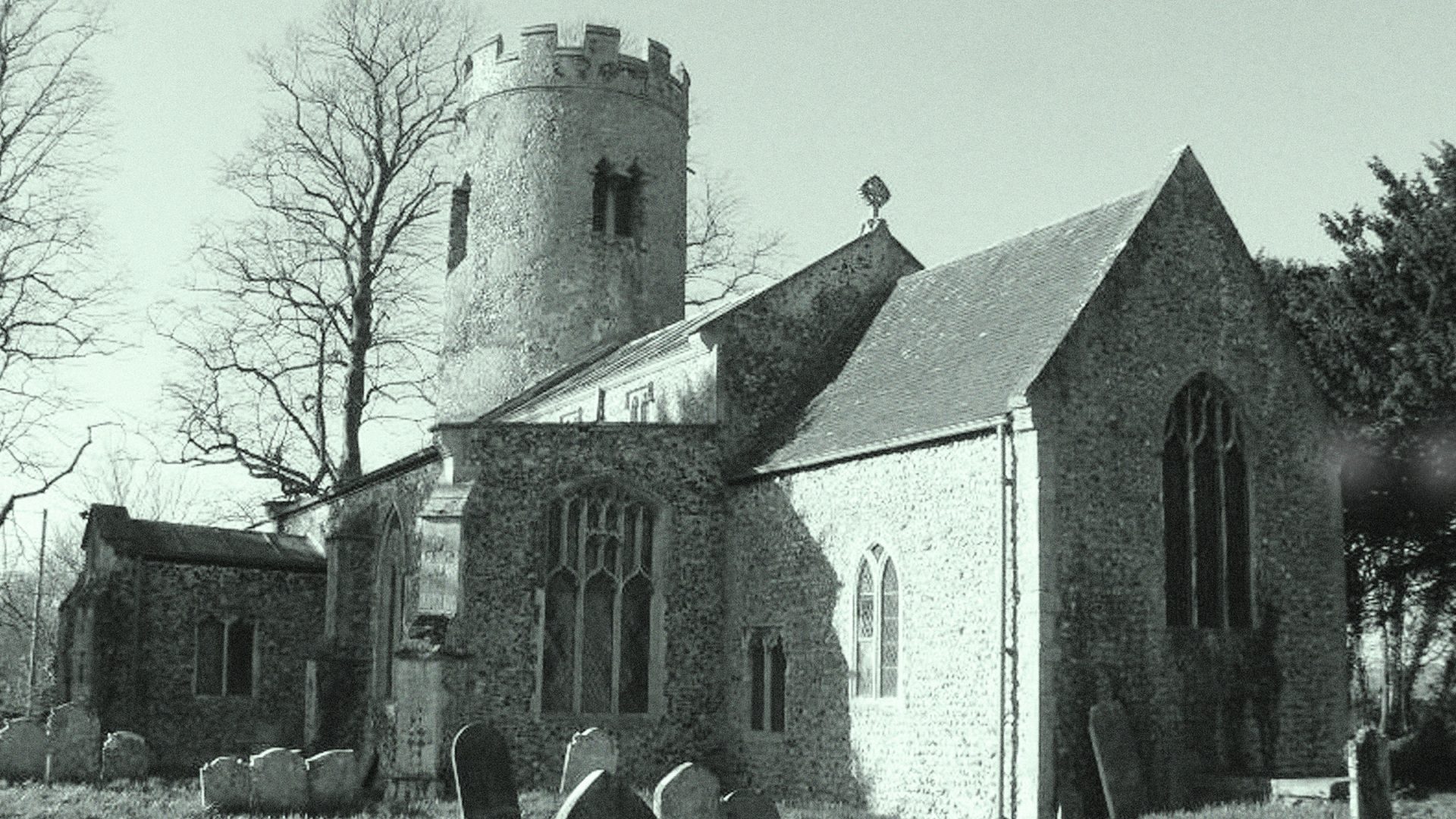About 1,150 years ago, the south Norfolk village of Aslacton, which is situated about halfway between Norwich and Diss alongside the main modern railway line from Norwich to London, was the scene of what we can safely assume must have been a dramatic and no doubt rather traumatic event. We can tell all this from the name of the village itself.
In Norfolk, as in the majority of locations in southern and eastern England, most place-names are Anglo-Saxon in origin. They are composed of Old English elements consisting of West Germanic words which were brought over from continental Europe by the invaders and colonisers who crossed the North Sea to England during the 5th century AD.
The majority of these Norfolk place-names have an initial element which derives from the personal name of an Anglian leader – in the case of Walsham and Runton, for example, these were Walh and Runi, respectively – followed by an Old English generic second element, such as hām “homestead” (which is now the Modern English word home) and tun “enclosure” (which has given us the Modern English word town).
It is true that Norfolk does also have a number of more recent place-names which are not derived from Old English elements. Most of these are of Old Norse or Danish Viking origin. These names came about because of the invasion of England by the Great Heathen Army, as the Anglo-Saxons fearfully called it. This refers to the very large Scandinavian Viking army which landed on the East Anglian coast in 865, intent on conquering all of the Anglo-Saxon kingdoms: East Anglia, Northumbria, Mercia and Wessex.
The Great Heathen Army spent their first winter at Thetford, in south-western Norfolk, and then marched north to take control of York. But then in 869 AD they returned south, and defeated and killed the East Anglian king, Edmund. The invaders then remained in control of East Anglia – which corresponded at that time approximately to the modern counties of Norfolk, Suffolk, plus eastern Cambridgeshire – for about 50 years until it was retaken by the English in the year 918.
Suggested Reading


Why learning language is child’s play
Danish-origin place-names in England employ elements which come from the Old Norse language of the Vikings, such as by “settlement” and toft “house site”. East Anglian examples are Scratby and Mautby, whose first elements are derived from the names of the Danish leaders Skrauti and Malti. Lowestoft is derived from the Old Norse man’s name Hloðver.
Research indicates that places with Scandinavian-origin names in East Anglia are generally to be found in locations which were less readily habitable than those which had already been taken by the Angles, who had arrived centuries earlier and, we can assume, already taken the best sites for themselves.
After they had seized East Anglia, the men of the Great Heathen Army shared out the land which they now had under their control between them, and after four centuries of Anglian ownership, the south Norfolk village of Aslacton had fallen to the Vikings. Its English Christian population came under the rule of alien Viking warriors led by a pagan Dane called Áslákr, and the village was renamed after him.
The inhabitants of Aslacton were probably not very happy. But at least it seems that the Vikings did not usually remove the Anglo-Saxons forcibly from their already settled villages.
Grimston Hybrids
Grimston hybrids are place-names, such as Aslacton, where the first element of the name is an Old Norse man’s name like Grim, or in this case Aslak, while the second element is an Old English form, in this case tun, which gives us the Modern English word town.




